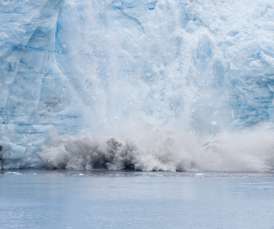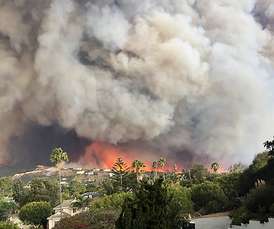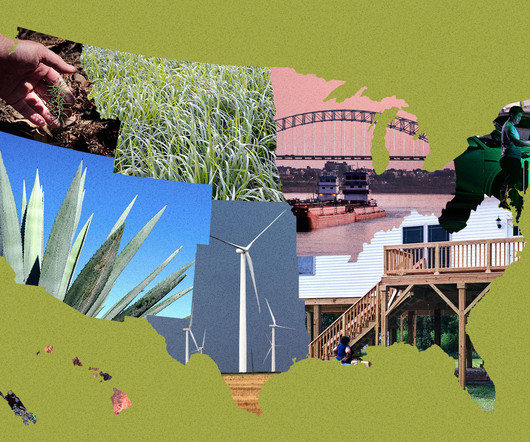Understanding the Anthropocene, Resilience Thinking, and the Future of Industry
Green Business Bureau
JANUARY 18, 2023
These indicators, including but not limited to carbon dioxide, methane, ocean acidification, tropical forest loss, population, GDP, water use, and transportation, have reached the point past natural variation, showing indisputably that the Earth is in a different state than before. .















Let's personalize your content